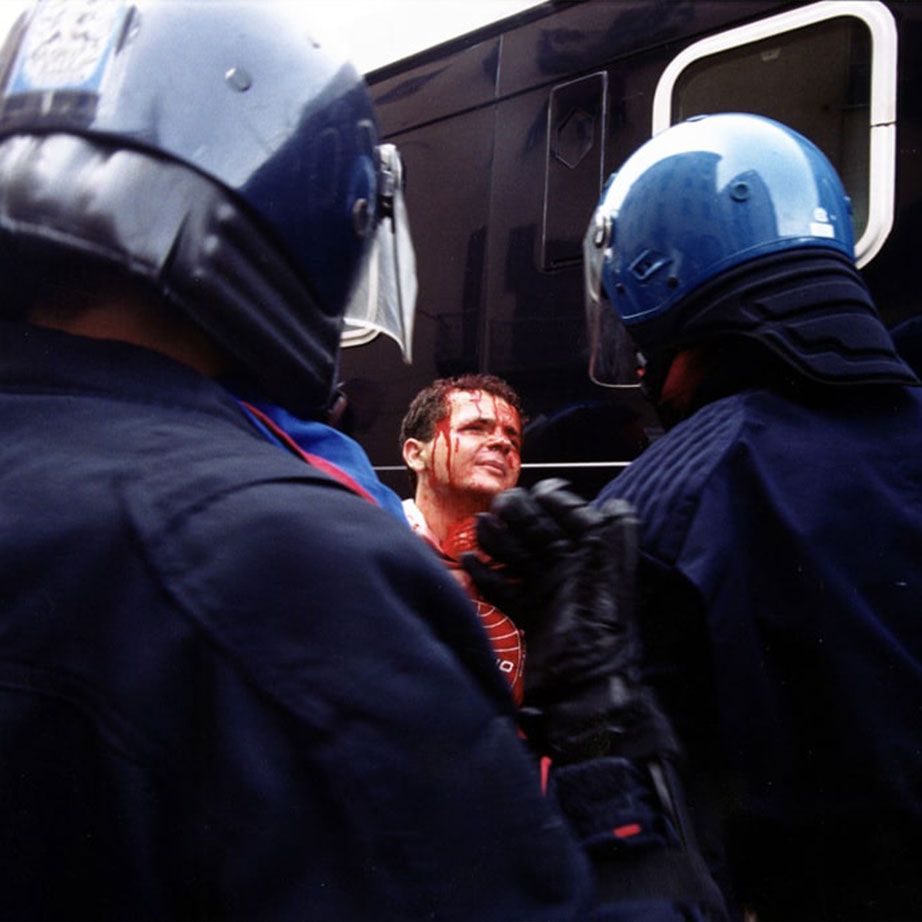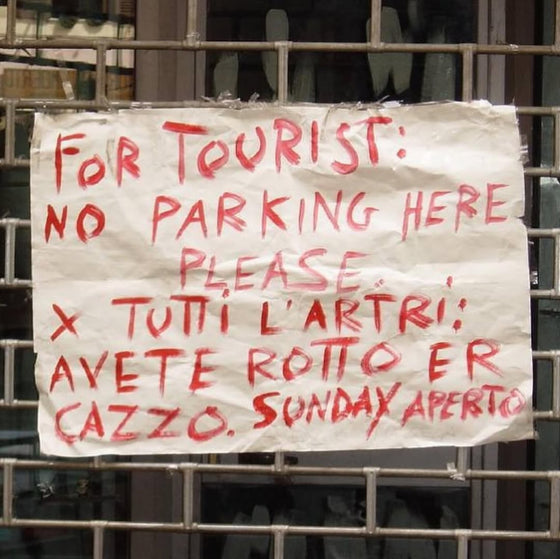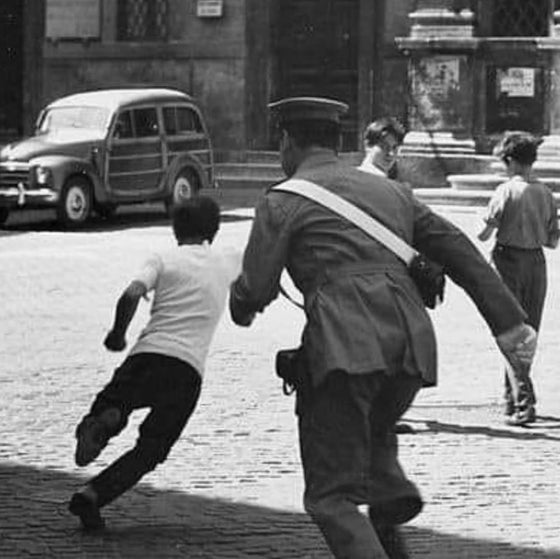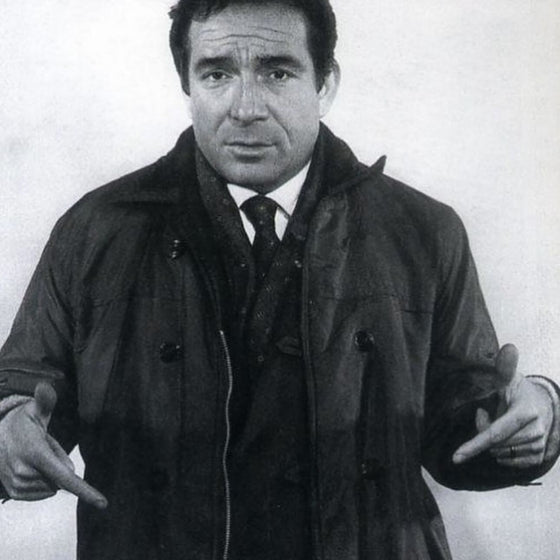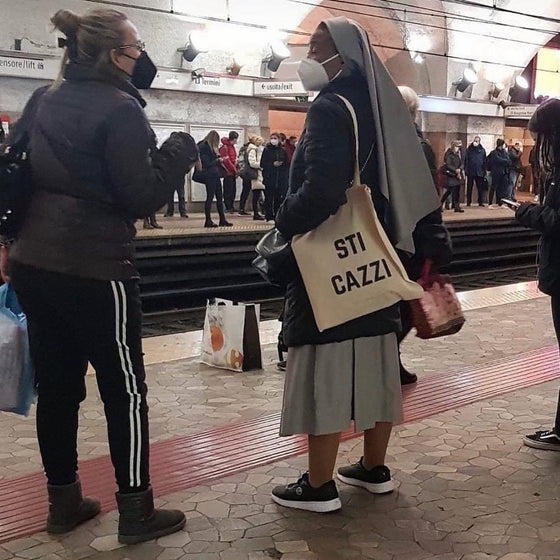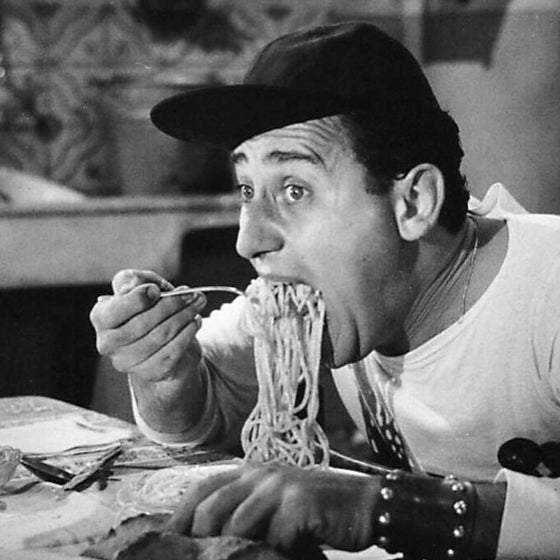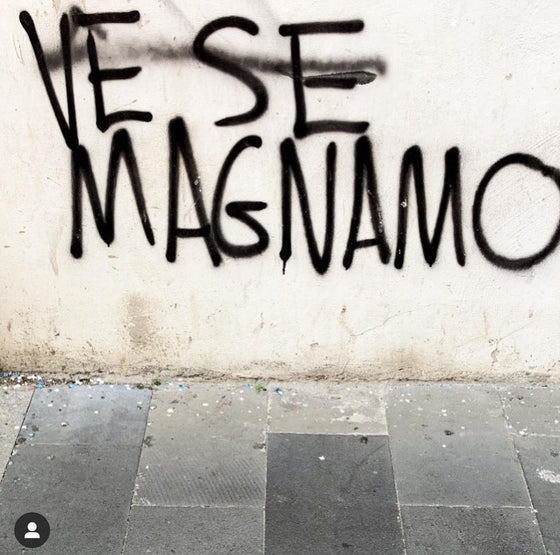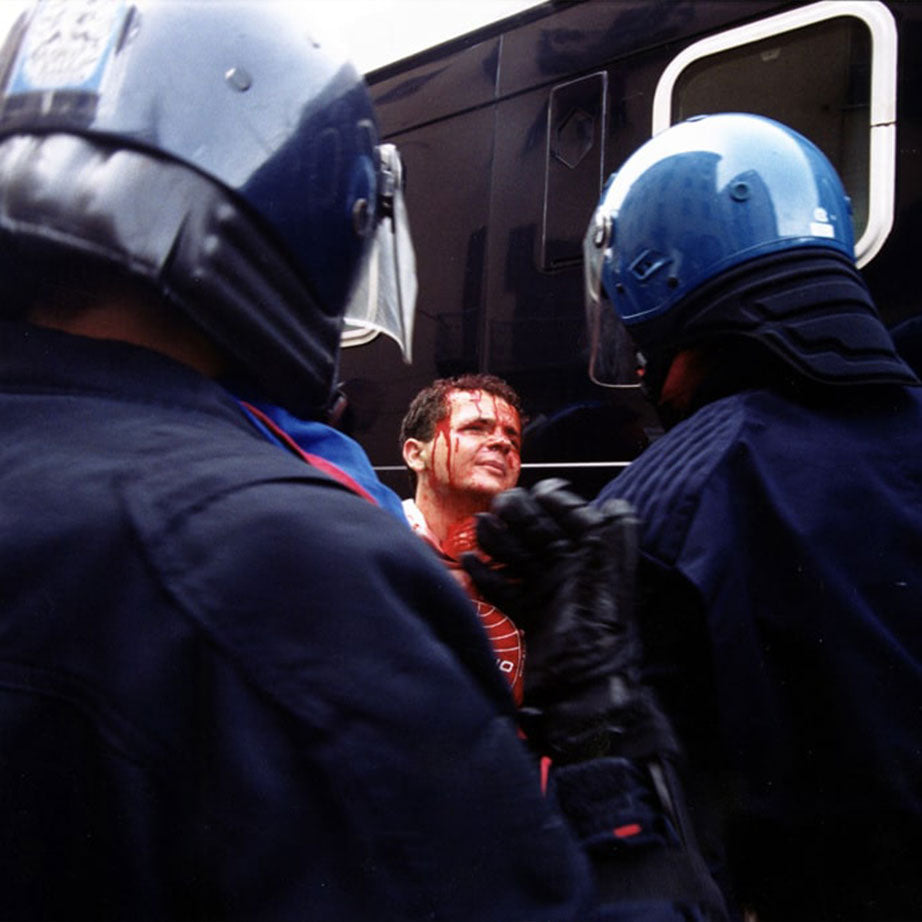
The autumn days begin to flow, but the tail of summer and the not very autumnal colors still give you that pleasure of walking in the late afternoon or better still in the evening, among streets and alleys and squares here in Rome. The sense of lightness, before stopping all of us in view of increasingly milder seasons, and this lightness in recent days has been torn from life. Yesterday Eligio Paoni left. Last week, Emiliano Mancuso. And then I stop, I stop and I try to rewind the film of my life and my head goes back to 2003, just these days. I have been working with photography since 1990, first the archives - my great passion - then exhibitions and books, and Contrasto, Grazia Neri were the agencies in Italy that had been able to decline the beginning of a change in that world. In Milan, Grazia Neri had a gallery, in Rome Roberto Koch focused heavily on the exhibitions that were finally entering the museums and on photographic publishing. I was writing, I was joining the agency, and it was a huge thrill to experience that atmosphere.
Contrasto was the photographers' house, immediately entering the corridor on the left, the first room on the left (we were in via degli Scialoia), I still had time to see the dark room, which was disused in a few days: digital technology came into force in the production of services. Many young people had already told powerful stories: whether you were returning from a square, a demonstration on the other side of the world, the privilege for us who worked there was to stand side by side with them and listen to stories, preview the selections works that would later become exclusive publications and much more. Mario Spada and his Naples, Riccardo Venturi and Afghanistan, Daniele Dainelli and the colorful Japan, the company Gerbasi & Pedone that from Palermo had told the second Mafia war, and many much more. One morning, I had a coffee with Eligio Paone, he was one of the old - so to speak - in the Agency, he had been there since 1990: he still had the marks of the beating he suffered in Piazza Alimonda in Genoa in 2001, after having photographed Carlo Giuliani; a little over two years had passed. I have never understood the meaning of the word militant photographer or perhaps I understand it perfectly. Here, he, Eligio, went and talked like many of his colleagues. He was a photography craftsman, like many others, he came in and out of the office with the weight of the cameras and optics to cover a news story and slowly, when we crossed the corridors, the coffee was an excuse for a chat. Talking about photography, talking about what he had seen and what he gave back to us with simplicity, because this is photography, or rather the return of a complex event condensed in a time that is difficult to imagine: a 60 ”of a second, and with everything that revolves around you.
He had lived stories, the earthquake in San Giuliano di Puglia was the most recent, Palestine and the war continues, and then the G8 in Genoa and what struck me, as an observer of that world that could be contact sheets or raw selection of the work, was the closeness between the photographed scene and its author. It is not banality: it is a way of being, of being, of being a photographer: he translated his thought of him into being as close as possible to what he wanted to tell us, without worrying in the least about the danger he was facing. The photographer is a strange beast: in action he becomes something else and you perceive it from the photographs, from how he poses and how he tells you what he has done. He lives a split, on the field: he had to bring home the work and he - Eligio - did it with apparent simplicity. After Genoa, after the beating he suffered (take a brief online review of what he lived through), he reluctantly assumed the ranks of veteran and, in the agency, seeing him meant "who knows what he took home", or simply a coffee or a quick lunch nearby. The world of photography changed rapidly, and this change meant that he, like many others, hung up their cameras. His archive of him should give us back what he produced, a piece of photographic history and more, which is Memory. But you know, the latter is a very rare commodity these days and perhaps only a few will remember artisans like Eligio Paoni.
© Giuseppe Prode

